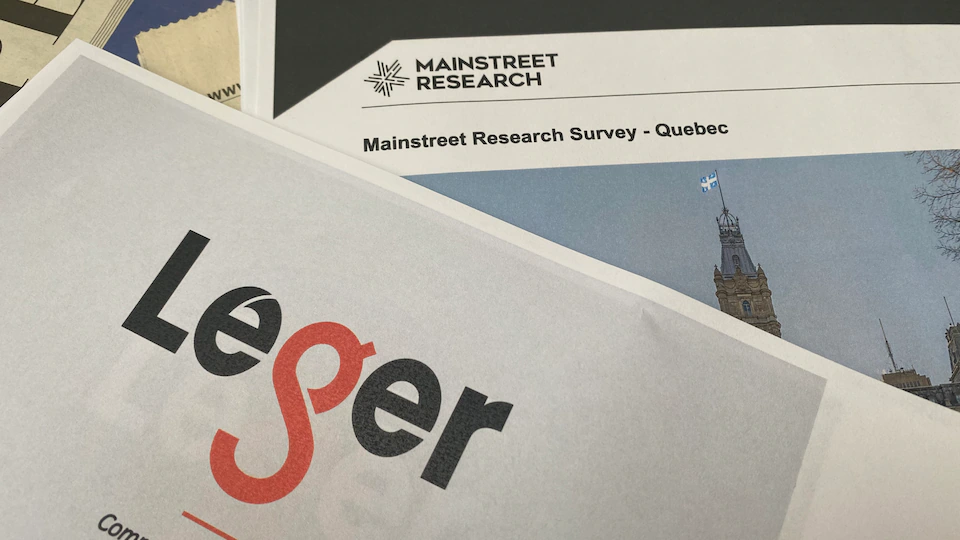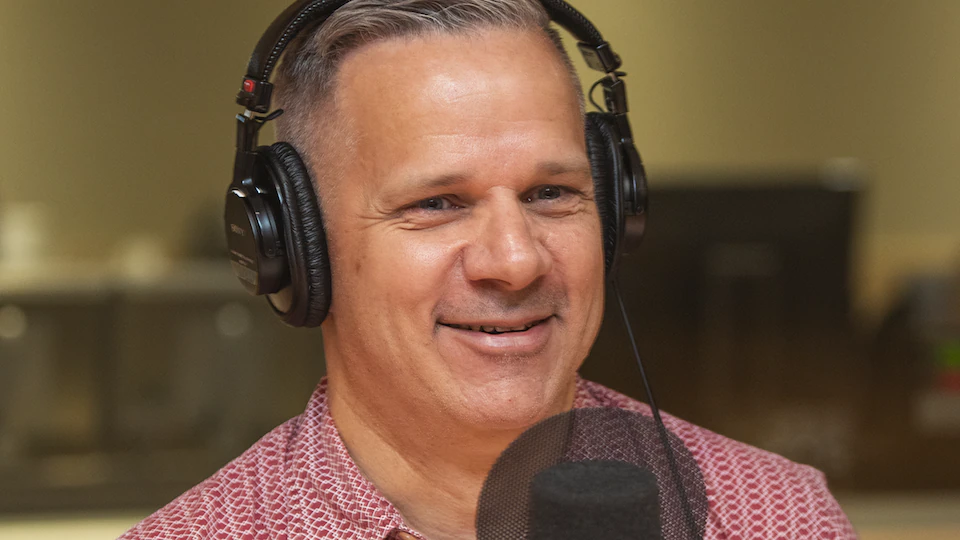Claire Durand is Professor Emeritus in the Department of Sociology at the University of Montreal and specializes in survey methodology. It claims to have analyzed all investigations conducted by research firms Main street and Léger on voting intentions in Quebec since August 1.
Note: The Conservative Party of Quebec (PCQ) has 4% more support in research polls Main street than in Liger.
Conversely, Québec Solidaire (QS) got on average nearly 4% more in Léger’s forecast. The Parti Québécois (PQ) also performs slightly better.
Every time we see a Léger poll, it’s possible that he overestimates Québec Solidaire. Then, every time we see a scan Main streetmay be overestimating the Conservative Party
as you say.
why? The reason for this discrepancy lies in the methodology.
Leger conducts its surveys online, while research is conducted Main street It uses automated calls.
In general, but not always, web surveys tend to be slightly more left-wing. Computerized telephone surveys tend to tilt slightly more to the right.
as you say.
The average difference of 4% isn’t massive, but in a tight race between Alliance avenir Québec (CAQ) opponents, it could make an impact. It is difficult to determine the most reliable method of population survey. Some people don’t answer the phone, but answer web surveys, and vice versa.
How do you know who is closest to reality?
We are waiting for the elections! Claire Durand laughs. One would think that the truth probably lies between the two.
Statistical confidence
These differences in results do not worry the two companies.
For us, in our methodology, it has nothing to do with right or left
says Steve Pincus, Vice President of Research Main street Quebec.
According to him, the fact that the research Main street Performing a daily sounding gives more credence to his predictions.
Other poll organizers run opinion polls once a week. it’s a picture. We are like a movie. You can track the development of the campaign in real time
He said.
His Liger counterpart is equally confident.
If we look at the last election campaign, federal, regional: our polls were always within the margin of error of the result
says Christian Burke, executive vice president at Léger.
Although he admits that he is not immune to error, he welcomes the coexistence of different types of opinion polls in the Quebec election campaign. The more comparative data we have between different methodologies, the better our understanding of the situation.
He said.
There 20 or 30 years ago, we said it was the phone surveys because everyone had the phone at home, everyone answered. Today, this is no longer the case. There is no longer any way it can claim to be the standard by which everything else is necessarily inferior.

“Total creator. Evil zombie fan. Food evangelist. Alcohol practitioner. Web aficionado. Passionate beer advocate.”




